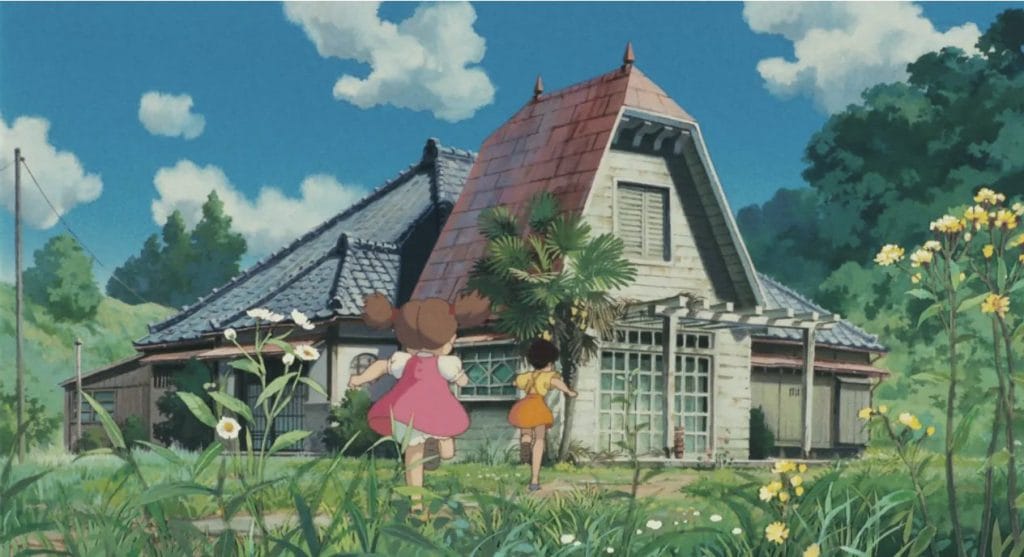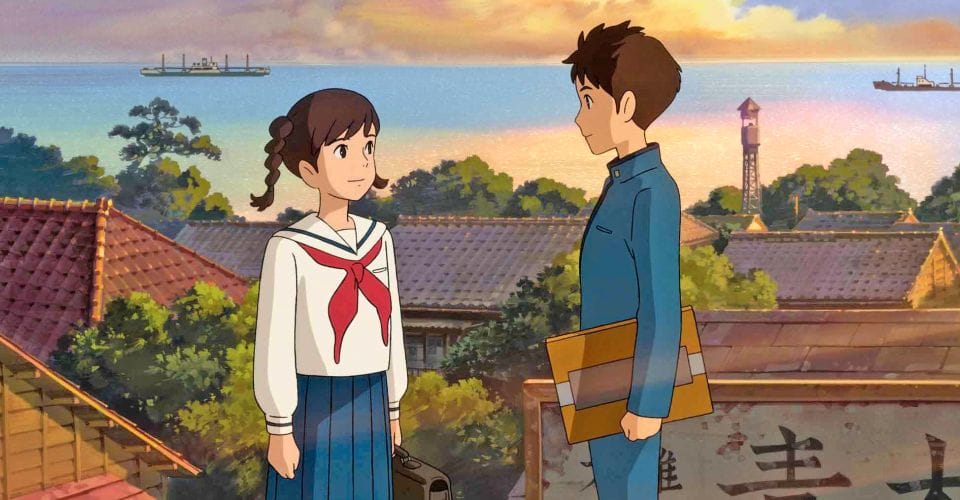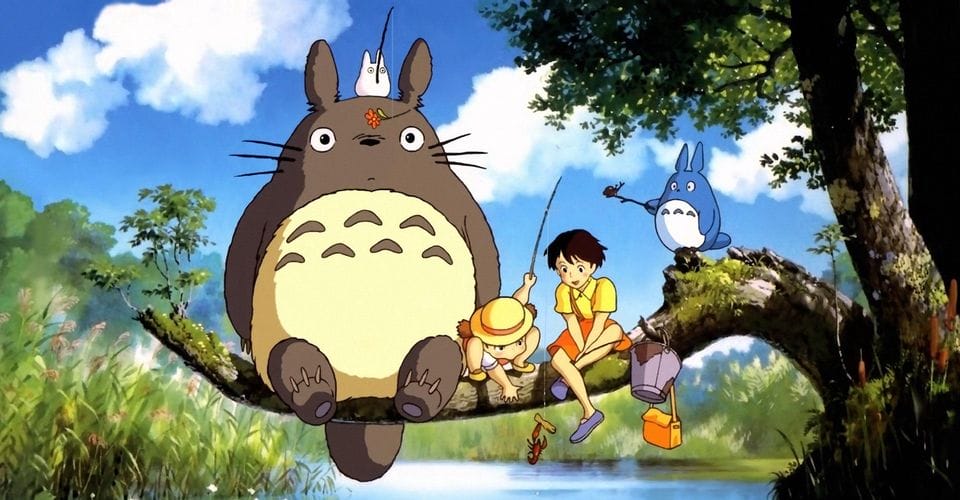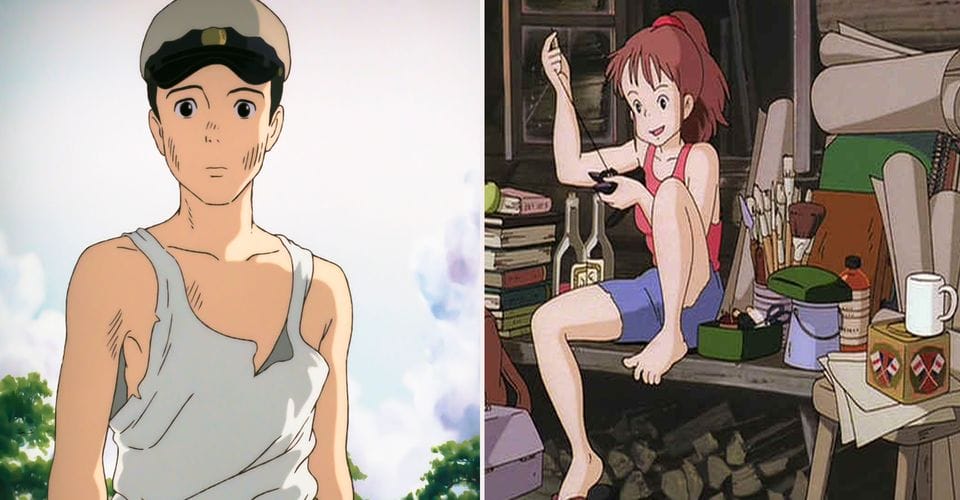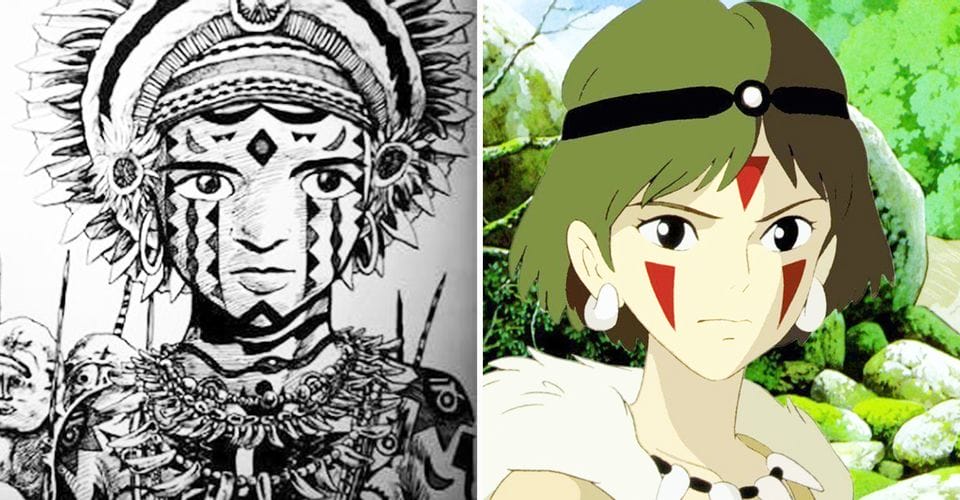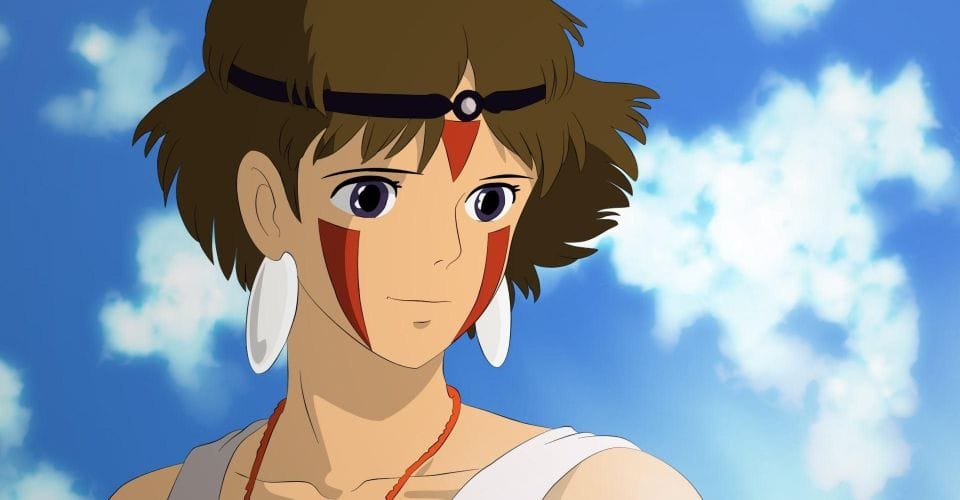Blog
Only Yesterday is an intensely relatable blast from Studio Ghibli’s past

25 years after its original debut, the lesser-known feature is still timeless
Only Yesterday couldn’t be more appropriately named. The intimate, spare drama from Hayao Miyazaki’s Studio Ghibli first premiered in Japan in 1991, and in the 25 years since has somehow never seen an American release until now. But its familiar tale of finding your place in a fast-moving world feels like it could have been written last week, and together with forward-thinking direction from Isao Takahata (Grave of the Fireflies, The Tale of Princess Kaguya), Only Yesterday remains a poignant classic in the 21st century.
Only Yesterday follows a woman called Taeko across two different timelines. In 1982, she’s in her late 20s and working an office job in Tokyo, and escapes to the countryside for a break from the incessant demands to settle down and marry. In 1966, she’s 10 years old and dealing with the universal troubles of school and family life. Though the 1982 setting is the primary storyline of Only Yesterday, Taeko’s memories of 1966 often break through to the present and inform her adult psyche, sometimes in the middle of a thought or sentence.

IT’S HARD TO WATCH WITHOUT MEMORIES OF YOUR OWN CHILDHOOD FLOODING BACK
This is more seamless than it might have been in other hands, thanks to the gorgeous, stylistically purposeful art from Takahata’s animation team. The 1982 scenes are awash in vivid color and detail, from the real-life branding on office equipment to the actual Japanese magazines in Taeko’s apartment. Takahata’s characters’ faces are drawn with more lines than you tend to find in anime, allowing for more nuanced expression. Contrasting with that style are Taeko’s memories of 1966, which are rendered in washed-out colors with simpler, more typical anime-style faces and minimalist, unfinished backgrounds.
Much of the movie’s running time is devoted to these flashback sequences, and although they’re visually less complex, Takahata’s sharp screenplay infuses them with psychological nuance. The depictions of seemingly trivial childhood occurrences, like munching your way through a disappointing meal or getting caught in a whirlwind of schoolyard gossip, are so keenly observed that it’s hard to watch Only Yesterday without memories of your own flooding back. Taeko in 1982 gets the feeling that her 10-year-old self has come along for the ride on her trip to the country, and the way she learns from the past to arrive at a point of self-discovery in the present is both touching and relatable.
:format(webp)/cdn.vox-cdn.com/uploads/chorus_image/image/48928135/only_yesterday_gkids_4.0.0.jpg)
ANYONE WHO’S EVER CONSIDERED GIVING UP THEIR CITY LIFESTYLE WILL RELATE
Firmly grounded in reality, Only Yesterday might not have the moving castles, no-faced ghosts, or flying warrior princesses that mark much of Ghibli’s best-known work, but it shares many thematic elements with a lot of the studio’s output. The most obvious one is a preoccupation with ecology; characters frequently go on esoteric tangents about the benefits of organic farming or the economic inequality inherent in historical safflower-rouge production. Another persistent topic throughout the film is the tension and conflict between the different ways of life in the city and the country; anyone who’s ever considered giving up their city lifestyle for a more peaceful and naturalistic existence will relate to Taeko’s dilemma.
:no_upscale()/cdn.vox-cdn.com/uploads/chorus_asset/file/6099805/only_yesterday_gkids_9.0.jpg)
For the US release, Taeko’s adult self is voiced by Daisy Ridley, now internationally famous for her role in Star Wars: The Force Awakens. But you won’t hear Rey every time Taeko opens her mouth — Ridley adopts an American accent here, turning in a multilayered performance of wistfulness and warmth. The leading male role of Toshio, a family friend in the country, is handled by Dev Patel (The Newsroom, Slumdog Millionaire) with an air of laid-back eccentricism. Even the best dubbed versions of Ghibli movies can be jarring at times, and Toshio inexplicably being the only character with a British accent doesn’t help. But despite an occasionally awkward translation, the performances in Only Yesterday are excellent overall, and the beautifully produced release is nothing less than the movie deserves after so long in the wilderness.
It looks like there might not be any new Studio Ghibli movies for the foreseeable future; the company has nothing on its plate for now, and there have been rumors for years about its feature animation division closing down, particularly since Hayao Miyazaki retired. For the US audience, then, the resurrection of a long-lost classic from the Ghibli vaults is more than welcome. It might have come out in Japan in 1991, but you could think of it as a new film — Only Yesterday is truly timeless.

